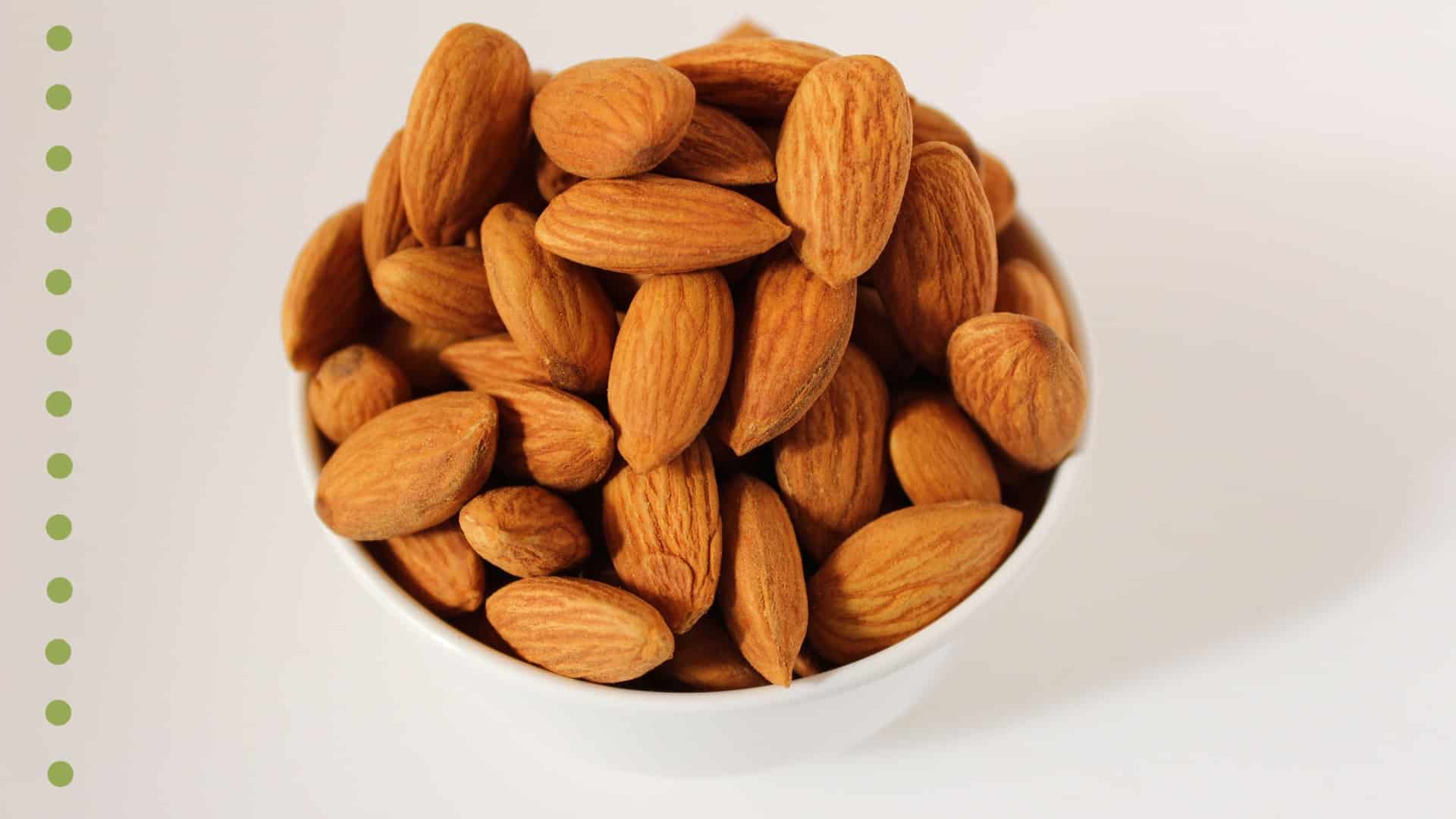What is vitamin E?
Vitamin E is a fat-soluble nutrient that acts as an antioxidant—this means it protects your cells from damage caused by free radicals. Free radicals are caused by the breakdown of food and in the environment by cigarette smoke, pollution, and ultraviolet light.
Your immune system needs Vitamin E to build a response against bacteria and viruses. It also causes your blood vessels to widen to prevent blood clots. Your cells use vitamin E to communicate with each other and to carry out many important functions like cell differentiation and metabolic processes.
Vitamin E Benefits
- Antioxidant properties
- Promotes a strong immune system
- Maintains healthy skin
- Maintains healthy eyes and eyesight
- Reduces skin inflammation
- Reduces UV damage to the skin
- Protects against free radicals
How much vitamin E do you need per day?
- Adult Women: 15 mg
- Adult Men: 15 mg
- Pregnant/Breastfeeding Women: 15 mg
Natural sources of vitamin E
- Wheat germ oil
- Sunflower seeds
- Almonds
- Sunflower oil
- Hazelnuts
- Peanuts and peanut butter
- Spinach
- Broccoli
Learn about vitamin E deficiency symptoms.
Further reading: National Institutes of Health
